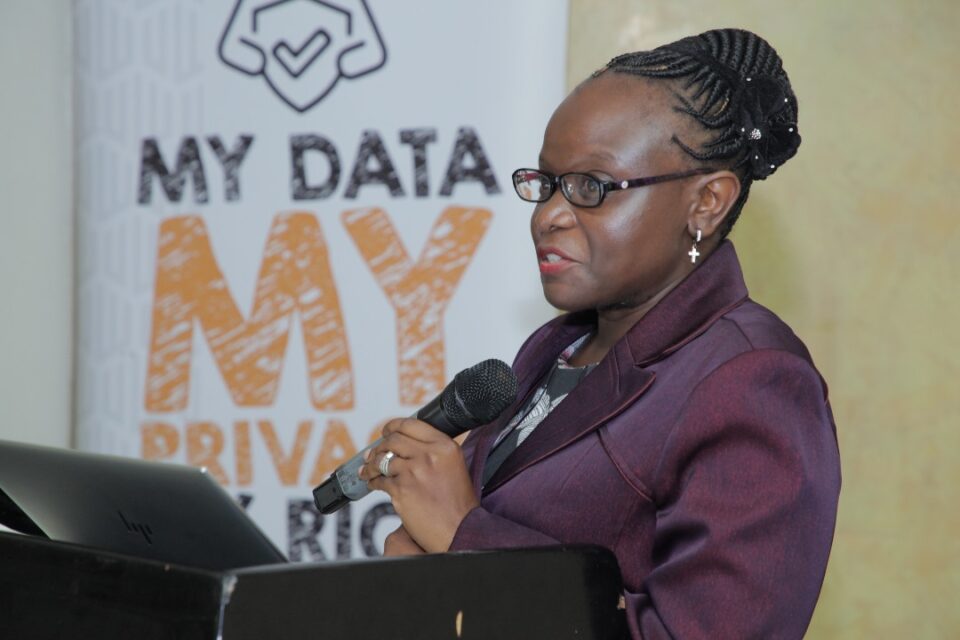Internet Freedom Day: Cyber space in Uganda at stake
Most of the issues discussed are theories in Uganda, with some formulated guidelines but nothing practically done.
Whenever it comes to practical examples as regards to cyber security, one always has to borrow some from other neighboring countries.
Internet plays a dominate role in the social- economic development of the country, it acts as a tool for disseminating information in addition to e-learning which is very common now, e-commerce, e-banking, e-tax payment among others.
However, though many people have embraced the use of internet in Uganda, there is still much ignorance about it. As a matter of fact, internet usage is very minimal in Uganda, particularly in rural settings.
According to statistics, Internet usage in Uganda stands at only 9% thus necessitating more efforts by the authorities to step up the utilization of the nascent digital era in Uganda.
Another fact is that Ugandans, much as they would want to read from the same page as other countries’ populace as far as utilization of internet is concerned, they have not been natured yet, for reasons a:
A] Political will from the authorities.
B] Individual will.
In addition to that, there’s little or no known literature on data privacy in Uganda and much of sub-Saharan Africa in general, given the relatively young and developing computing domain. Actually, citizens are not guaranteed about their safety online since mobile phones tend to be tapped rampantly Ref: story https://www.unwantedwitness.org/uk-us-hacked-into-ugandas-phone-network/ .
And in the instances where people harness the emerging modern method of communicating, using the available devices such as mobile phones, email addresses, and other forms of social channels, they are being rendered vulnerable to dangers arising from the exposure of their information by different service providers, ranging from telecommunication companies to internet service providers.
Internet bandwidth is low that’s the speed rate at which data is transferred; is very slow in addition to the cost which is relatively high although telecom companies have narrowed down the fees when it comes to mobile internet e.g; MTN @ 1500/= (25MB).
The legal framework is equally aimed at controlling rather than facilitating, a few people are aware of the existing laws as regards the internet usage in Uganda.
In any case, UCC (Uganda communications commission) the communication regulator has the sole mandate to sensitize citizens about the existing laws, a role which it has reluctantly performed over the years.
According the Uganda 2013 Crime and Safety Report, Cyber crimes in Uganda got a lion’s share among the many ways, through which people have lost colossal sums of money to unknown individuals who use legitimate email accounts of friends portraying a dangerous situation a friend is going through thus soliciting for funds.
Mobile Money, a Mobile cellular service for transfer of money in Uganda, being used to cheat un-suspecting individuals and many more stories that come in form of ‘too good to be true’ wins.
The frauds targeted individuals and private corporate bodies like banks, No Governmental Organizations [NGOs], and religious organizations.
Through UCC, the CERT (computer emergency response team) was put in place, which unit prowls the internet to monitor and report high-tech crimes including cyber-based terrorism, computer intrusions, online sexual exploitation, and major cyber frauds, but citizens need more awareness on where to report online security emergencies like: website & email hacking, phishing & pharming, malware & spyware installations among others.
Last but not the least, there is the need to strengthen the implementation of the existing laws that protect children as is currently being done by UCC REF: http://www.ucc.co.ug/data/mevents/10/Africa-Child-Online-Protection-%28ACOP%29-Summit.html
We need to create a safe and secure cyberspace; increase awareness of the dangers faced by the children online; Develop practical tools to help minimize risk; and Share knowledge and experience.
JANUARY 18TH: Its Internet Freedom day




